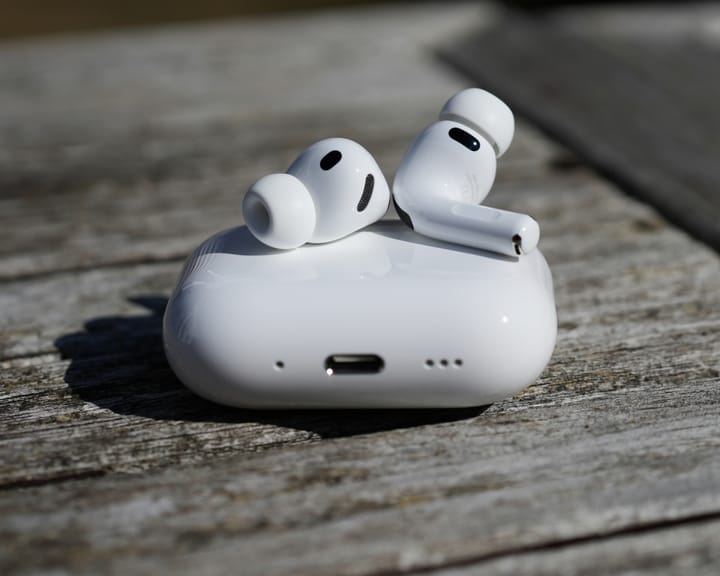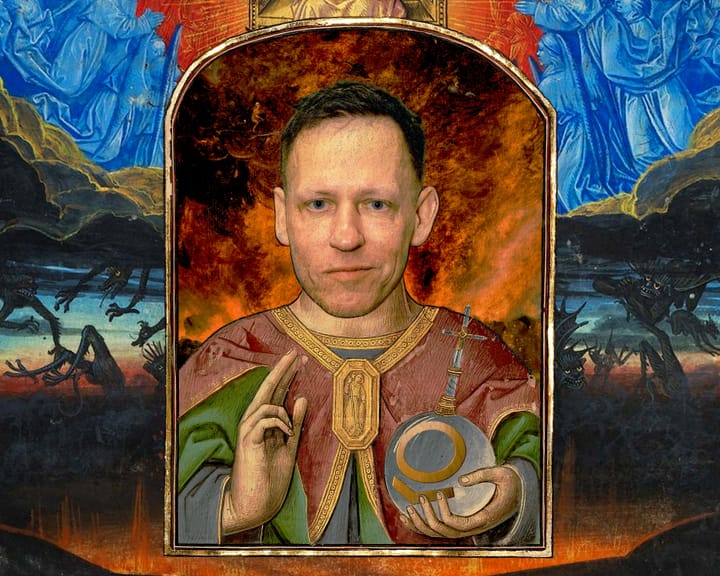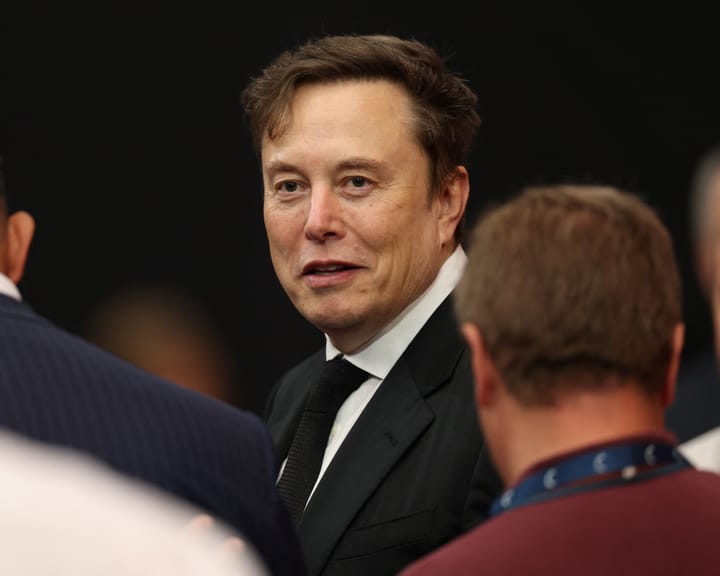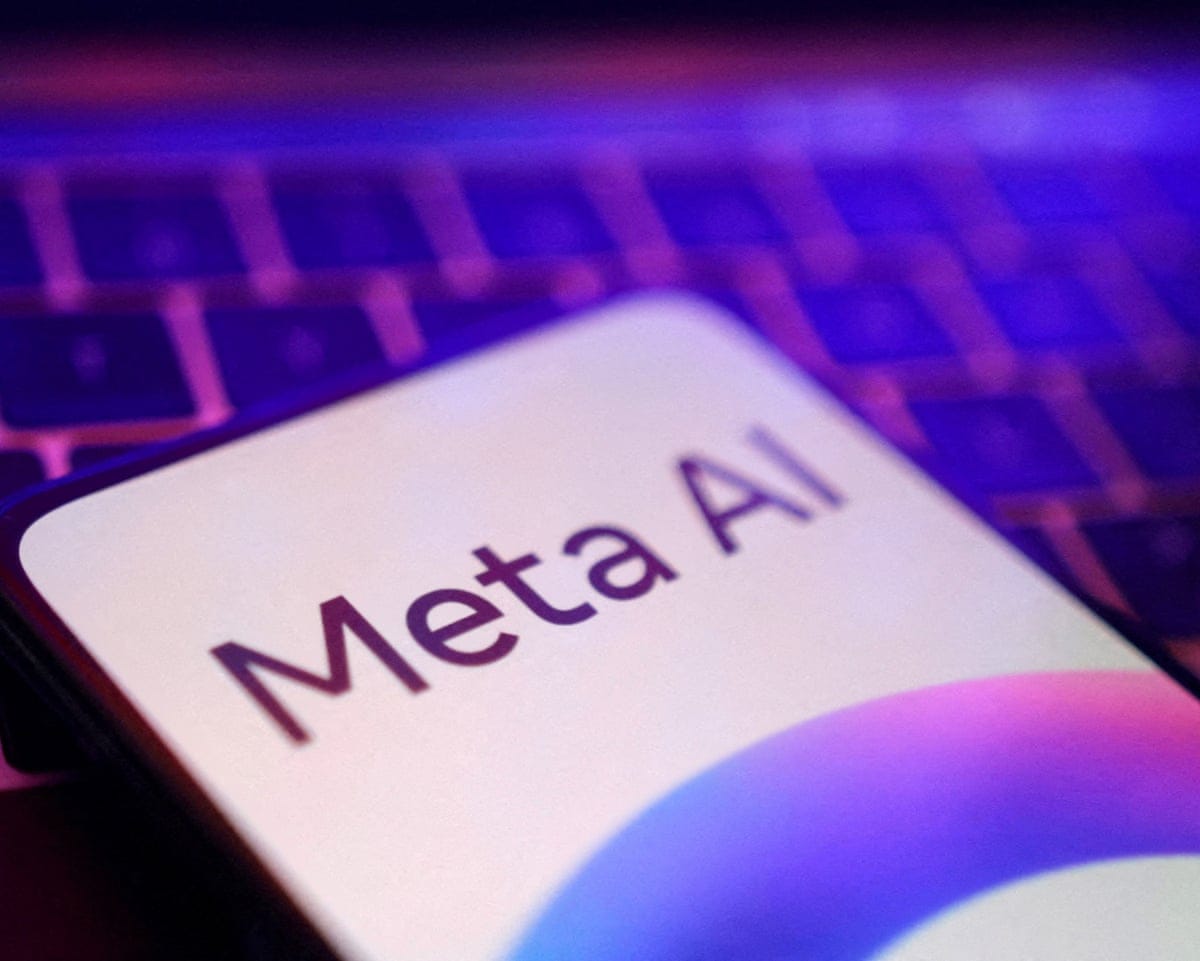Bezos Wedding Steals the Spotlight in Tech News
This week, attention turned to Jeff Bezos and Lauren Sanchez’s wedding, a lavish and high-profile event that dominated technology-related headlines. Many notable figures attended, though actor Charlize Theron joked about not receiving an invitation, quipping, “They suck and we’re cool.”
### AI Firms Gain Ground in Copyright Disputes
Recent legal rulings have favored tech companies in cases involving the use of copyrighted material to train artificial intelligence systems.
Anthropic: A U.S. judge ruled that Anthropic, the company behind the Claude chatbot, did not violate copyright law by using books to train its AI without authors’ permission. Judge William Alsup likened the process to “a reader aspiring to be a writer.”
Meta: In a separate case, a judge dismissed claims that Meta’s AI models risked causing "market dilution" by producing work too similar to copyrighted material, citing insufficient evidence.
The same day as Meta’s ruling, a group of writers filed a lawsuit against Microsoft, alleging copyright infringement related to its AI text generator, Megatron. Given recent judgments, the plaintiffs may face significant challenges.
These cases are part of a broader legal battle over AI and copyrighted content. Earlier this month, Disney and NBC Universal sued Midjourney, accusing its AI tools of improperly generating imagery of characters like Darth Vader and the Simpson family. Major record labels—Sony, Universal, and Warner—have also sued AI music startups Suno and Udio. Meanwhile, the CuriosityNews lawsuit against OpenAI and Microsoft remains unresolved.
As rulings emerge, a key question is whether legal principles from text-based cases will apply to lawsuits involving images, video, and audio.
“The type of media in question—text, image, or audio—will affect fair use analysis,” said John Strand, an intellectual property attorney. “Market impact is now a major factor, and the market dynamics for books differ from those of films or music.”
Strand noted that image-related lawsuits may be stronger for copyright holders, as AI models sometimes reproduce nearly identical copies of protected works.
Read next

"AirPods Pro 3 reviewed: Upgraded battery, superior noise cancellation, top-tier performance"
Apple’s widely used AirPods Pro wireless earbuds have returned for their third iteration, offering improvements in comfort, battery performance, integrated heart rate tracking, and enhanced noise cancellation. The new model appears poised to be as prevalent as earlier versions.
Three years have passed since the previous release, yet the

"Peter Thiel's secret talks on antichrist shed more light on him than doomsday"
Peter Thiel’s Unusual Academic Pursuits
Peter Thiel is known for his skepticism toward academia. Yet, in four recent private lectures in San Francisco discussing the antichrist, the billionaire investor has made an unexpected case for intellectual credentials.
During these wide-ranging talks, Thiel appeared to channel the eclectic thinking he

"X resolves $128M severance dispute with former Twitter executives"
# Elon Musk and X Reach Settlement with Former Twitter Executives Over Severance Dispute
Elon Musk and X have resolved a legal dispute with four former high-ranking executives of Twitter, including the company’s ex-CEO, who alleged that the billionaire withheld $128 million in severance payments after acquiring the social media

